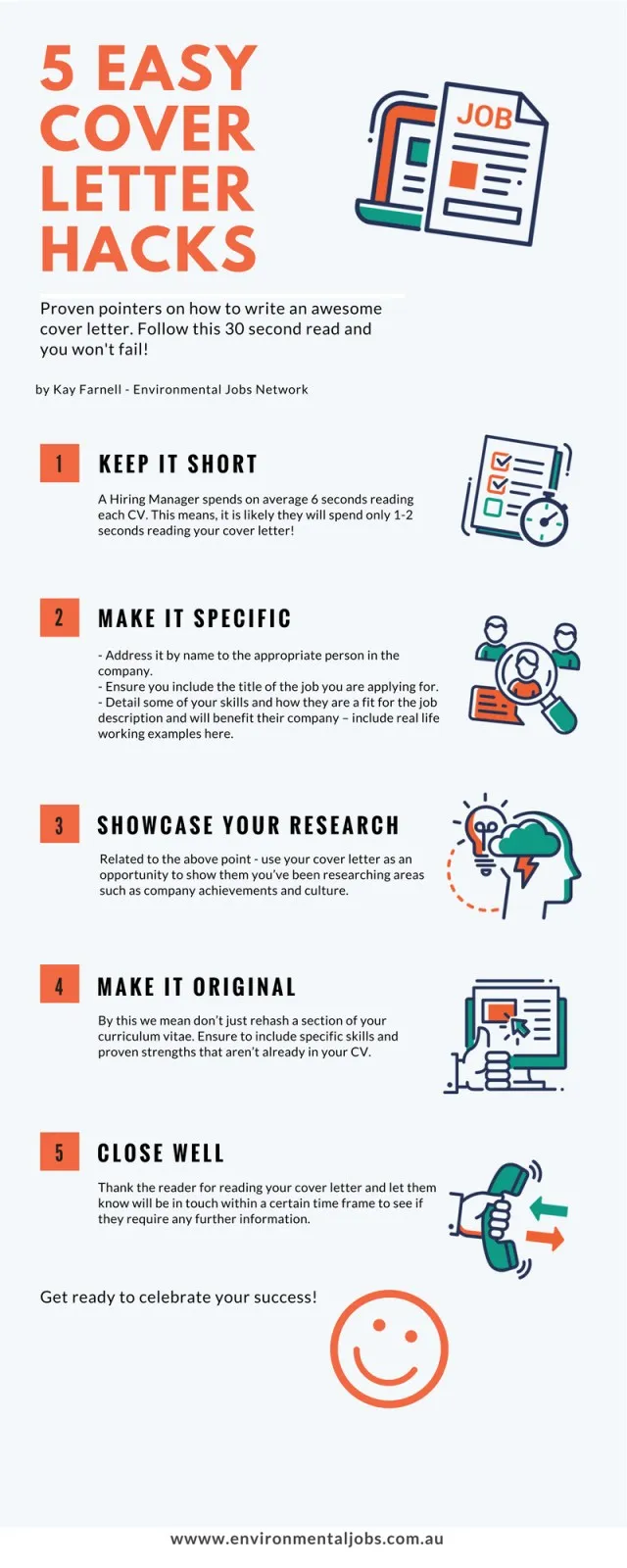A cover letter is more than just a formality; it’s your first opportunity to make a strong impression on a potential employer. It serves as a personal introduction and a chance to showcase your skills, experience, and enthusiasm for the specific role. A well-crafted cover letter can significantly increase your chances of landing an interview, while a poorly written one can lead to your application being overlooked. To maximize your chances of success, consider these top 5 cover letter tips.
Highlight Your Achievements
Rather than simply listing your responsibilities, use your cover letter to highlight your key accomplishments. Focus on what you achieved in previous roles and quantify your successes whenever possible. This demonstrates your value to potential employers and provides concrete evidence of your abilities. Showing, not just telling, is the cornerstone of a persuasive cover letter. Focus on outcomes. Did you increase sales, improve efficiency, or manage a successful project? These are the achievements that will grab a hiring manager’s attention.
Quantify Your Accomplishments
Whenever possible, use numbers and data to quantify your accomplishments. This makes your achievements more tangible and impactful. For example, instead of saying “Improved customer satisfaction,” you could say “Increased customer satisfaction scores by 15% through implementing a new feedback system.” Quantifiable results provide concrete evidence of your impact and demonstrate your ability to deliver results. This is key to standing out from the competition and making a strong case for your candidacy. Use metrics and be specific.
Use Action Verbs
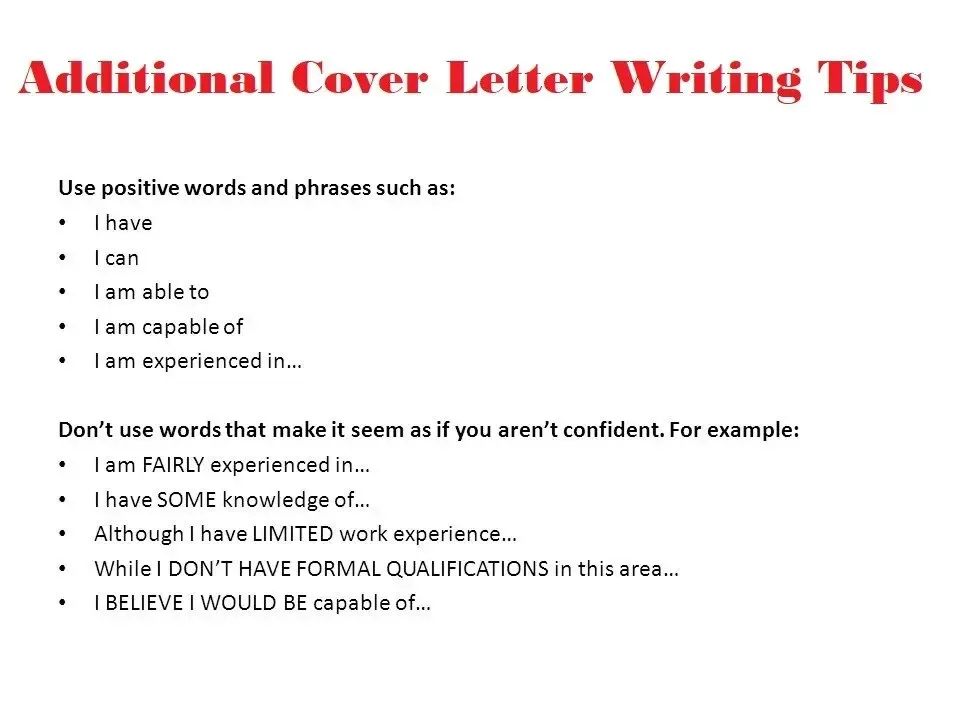
Start your sentences with strong action verbs to make your cover letter more dynamic and engaging. Action verbs immediately convey what you’ve done, making your achievements more impactful and your experience more compelling. Choose verbs that accurately reflect your contributions and demonstrate the value you brought to previous roles. Using action verbs helps to paint a vivid picture of your capabilities and makes your cover letter more persuasive. Consider some common action verbs like “Managed,” “Developed,” “Implemented,” “Led,” “Achieved,” or “Improved.”
Tailor to the Specific Job
A generic cover letter will likely end up in the rejection pile. Instead, customize each cover letter to match the specific job you’re applying for. This shows that you’ve taken the time to understand the role and the company and that you are genuinely interested in the opportunity. Carefully review the job description and identify the key requirements and qualifications the employer is seeking. Then, use your cover letter to demonstrate how your skills and experience align with these requirements. By tailoring your cover letter, you significantly increase your chances of getting noticed and securing an interview. This attention to detail demonstrates commitment.
Research the Company
Before writing your cover letter, take the time to research the company. Understand their mission, values, and recent achievements. This knowledge will help you tailor your letter to demonstrate why you are a good fit for their organization. Showing that you have taken the initiative to learn about the company demonstrates your genuine interest and increases your chances of making a positive impression. Mention specific company projects, initiatives, or values that resonate with you, and explain how your skills and experience can contribute to their success. This personalized approach makes your application more compelling.
Address Key Requirements
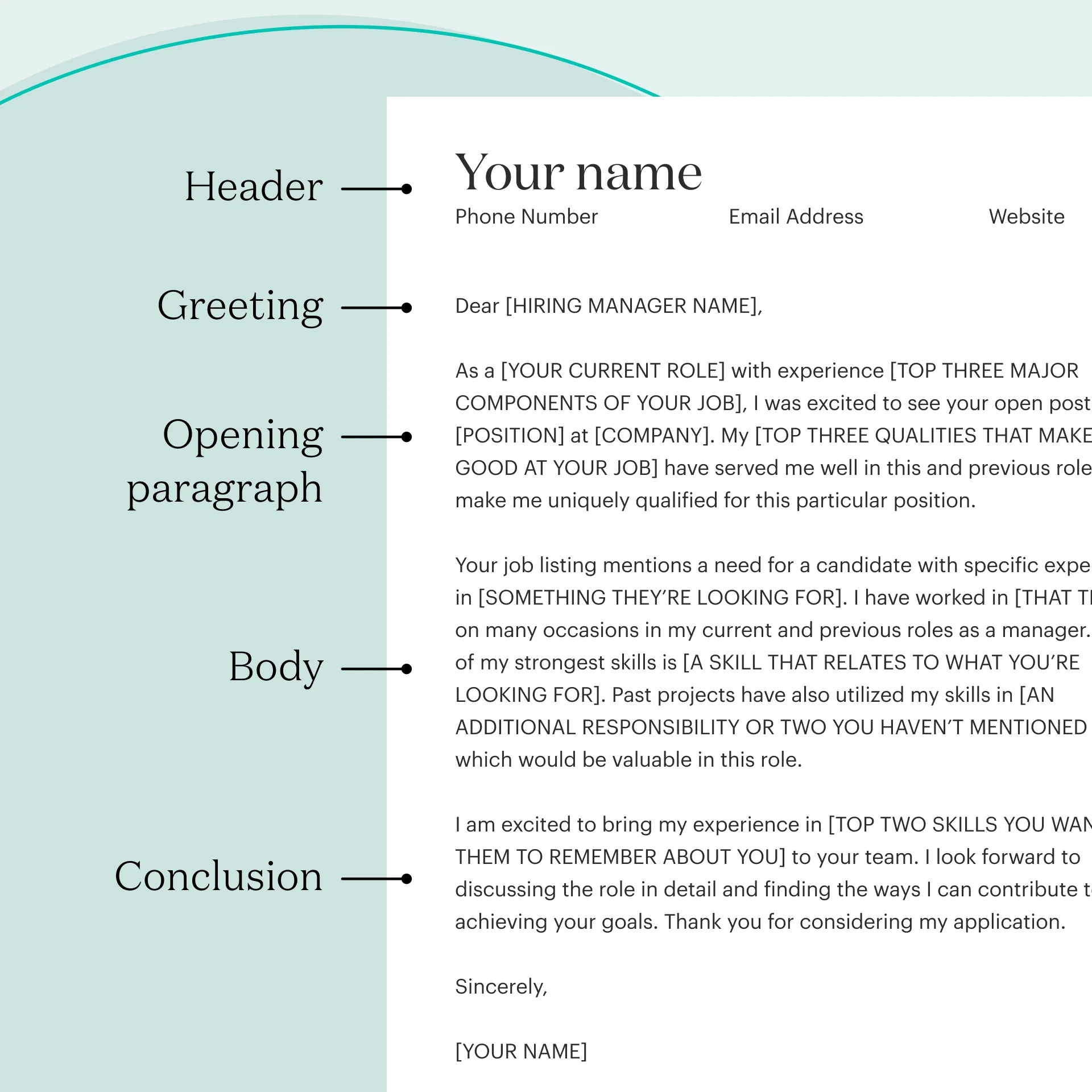
The job description is your roadmap. Carefully review the requirements listed in the job description and address them directly in your cover letter. Use the language from the job posting and provide specific examples of how your skills and experience meet these requirements. Highlight relevant achievements and quantify your accomplishments whenever possible. This ensures that you clearly demonstrate your qualifications and shows the hiring manager that you have the skills needed to excel in the role. Make it easy for them to see the match.
Showcase Your Personality
While it’s important to maintain a professional tone, don’t be afraid to let your personality shine through. A cover letter should be a reflection of who you are, your passion for the field, and your enthusiasm for the specific opportunity. Use your own voice and write in a style that is authentic and engaging. This helps the hiring manager get a sense of who you are beyond your qualifications and increases your chances of making a memorable impression. Showing your personality also makes you more relatable and increases your chances of getting to the next step.
Maintain a Professional Tone
Even when showcasing your personality, it’s crucial to maintain a professional tone throughout your cover letter. Use clear, concise language, and avoid slang or informal language. Proofread carefully to eliminate any grammatical errors or typos. Your cover letter is a professional document that reflects your attention to detail and your commitment to excellence. Ensure the tone is appropriate for the industry and the specific company. This means avoiding overly casual language and using formal salutations and closings.
Proofread Meticulously
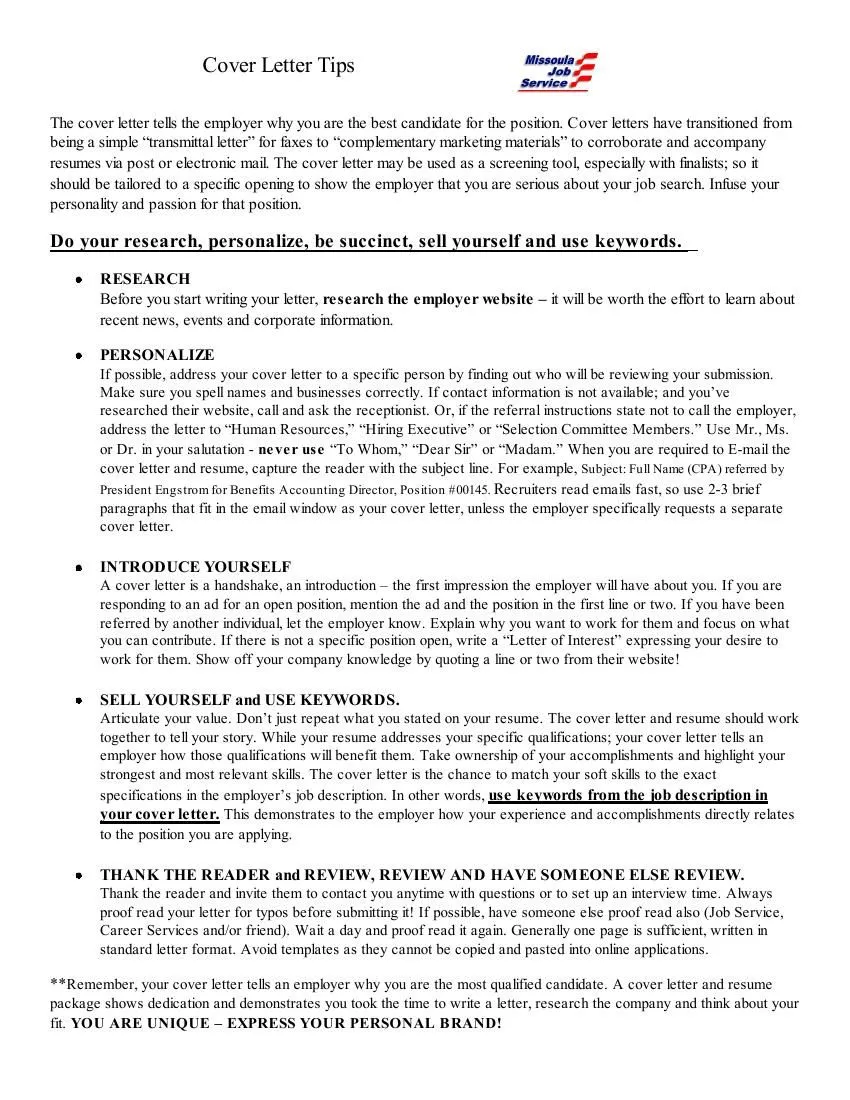
Typos and grammatical errors can be a major turnoff for hiring managers, so it’s essential to proofread your cover letter carefully before submitting it. Read it aloud to catch any awkward phrasing or errors. Consider asking a friend or colleague to review it as well. A fresh pair of eyes can often catch mistakes that you might have missed. Proofreading demonstrates your attention to detail and commitment to presenting yourself in the best possible light. This can mean the difference between getting an interview and getting passed over.
Format Your Cover Letter Effectively
The format of your cover letter is just as important as its content. Use a clear and professional format that is easy to read. Use headings, bullet points, and short paragraphs to break up the text and make it more visually appealing. Choose a font that is clean and readable, and ensure that your formatting is consistent throughout the document. A well-formatted cover letter makes a positive impression and demonstrates your attention to detail and professionalism. Ensure your contact information is prominently displayed.
Choose a Readable Font
The font you choose can significantly impact the readability of your cover letter. Select a font that is easy on the eyes and professional-looking. Some popular choices include Times New Roman, Arial, Calibri, and Helvetica. Ensure that the font size is large enough to read comfortably, typically between 11 and 12 points. Avoid using overly ornate or unusual fonts, as they can be difficult to read. A readable font shows respect for the reader and demonstrates your understanding of professional standards.
Keep it Concise
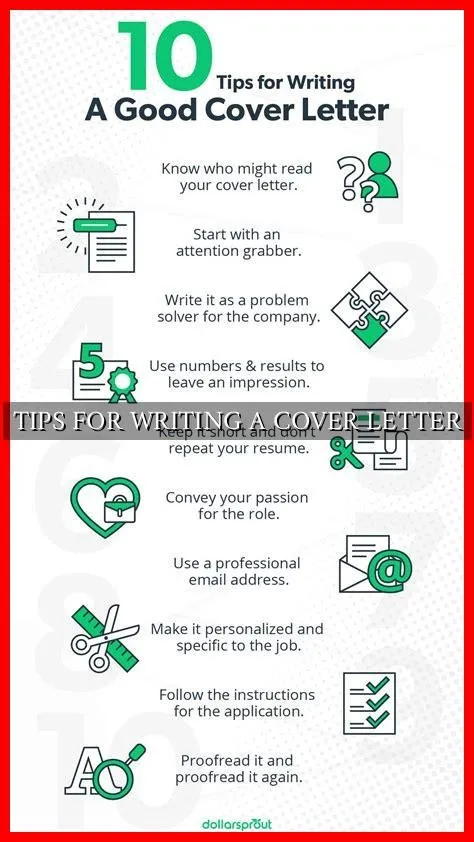
Hiring managers are busy people, so it’s important to keep your cover letter concise and to the point. Aim for a length of one page, and avoid unnecessary jargon or long-winded sentences. Focus on highlighting your most relevant skills and experience and providing specific examples of your accomplishments. A concise cover letter demonstrates your ability to communicate effectively and respects the reader’s time. Make every word count and get straight to the point. Be clear and focused in your writing.
By following these tips, you can create a cover letter that effectively showcases your skills and experience and significantly increases your chances of landing an interview. Remember to tailor each letter to the specific job and company, and always proofread carefully before submitting. Good luck with your job search!
